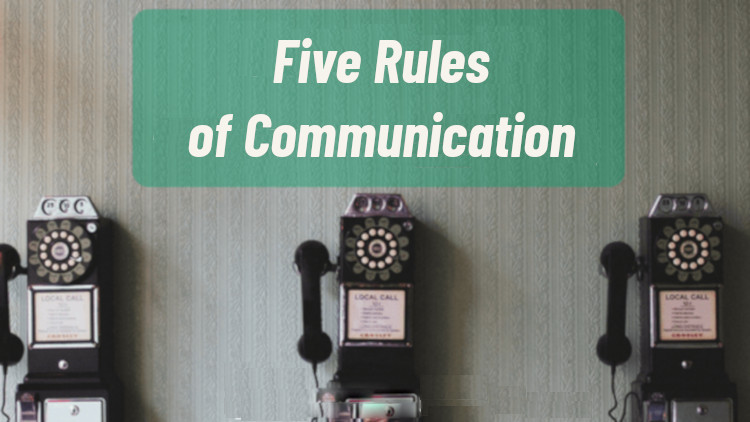You’d think that after decades of talking practice, we human beings would have it down pat. We’d know, backwards and forwards, the art of meaningful communication.
But, alas, as a species we don’t know very much about the art of talking.
I used to belong to a business networking group, which was designed to be a way that a group of people would learn about each other’s business or product so that we could speak in an informed way on behalf of our fellow chapter members.
One of the ways our group used to promote this knowledge and advocacy was through what we called “dance cards.” That term was code for getting together with a fellow member over coffee or lunch to talk 50/50 about our respective businesses. In that hour you could find out how they came to be in that business, what made them feel passionate or committed to it, what services they offered, and what made their respective company unique or outstanding. And vice versa!
On too many occasions, I found the one-hour meeting to be more like a monologue than a dialogue. I’d leave the meeting never having said one word about my vocation. Not one word. I wondered if it ever occurred to the other person that they never asked a single question about what I do and why I do it.
I don’t find that to be a unique experience, limited to my business networking group. Human beings are universally preoccupied with self and often have no curiosity about the Other. For this reason, I think there are five things that could be done to avoid being a self-centered monologist.
- The first thing is to resolve to think about the other person as your primary interest. If you have to, pretend to be the host at a party, working diligently to make sure your guests have a good time, feel noticed, and included.
- Keep a mental list of how much you talk about yourself. You may be shocked at the sheer volume of things you say about your life, your frustrations, your vacation, your XYZ. Rest assured, other people will notice a monologist and will tire of hearing all about their life and nothing else.
- Make a little mental list of what you would like to know about the Other. Don’t pry. Respect boundaries. Ask interesting questions that create trust and respect. Do not assume that you have permissions you may not have. It is, first of all, arrogant, but it is also naive.
- Take special notice of what your agenda is when you talk to others. Is it to promote yourself or them? If you act needy or opinionated or aloof or unresponsive, these may be good clues about possible underlying issues you need to address in some other way and outside of that conversation. Deeper level conversations should be reserved for close friends.
- Finally, don’t make it difficult for the other person to want to talk to you. You have to ask the question, “Would I want to talk at length with a person who talks like me?”
Anybody who wants to be a skilled communicator must pay attention to how they talk to others. It is not a given that because you know words, you are adept at using them. Be alert and attentive to the Other. Don’t be like the proverbial “bull in a relational china shop.”
Here’s what the Bible says about our speech:
Let your conversation be gracious and attractive so that you will have the right response for everyone. Colossians 4:6.
A word fitly spoken is like apples of gold in a setting of silver. Proverbs 25:11
Seems like pretty good advice, doesn’t it?

